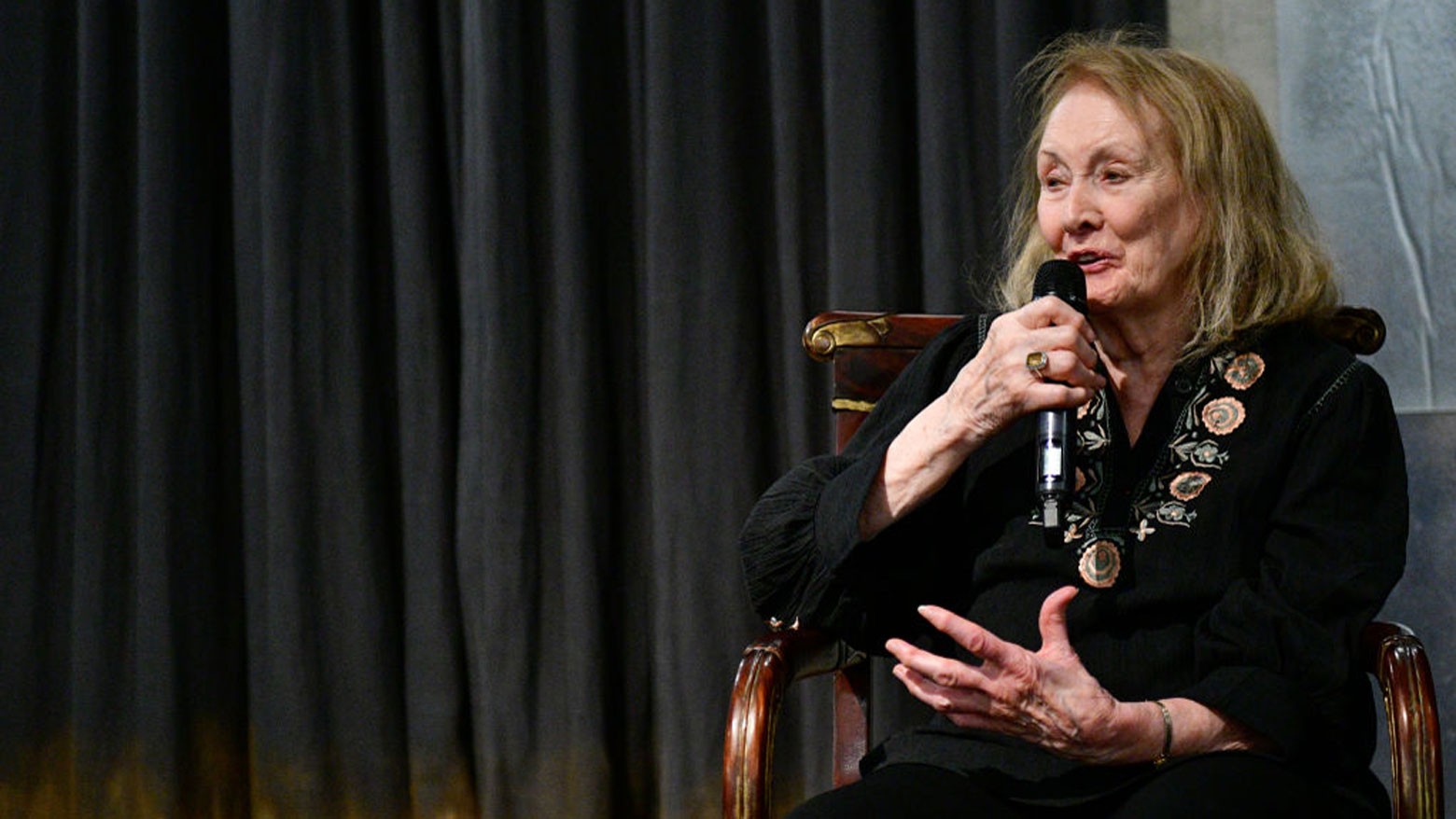Personal trauma
Ernaux's 2000 novel Happening describes her experience as a working-class university student, when she had an unwanted pregnancy that jeopardized her career aspirations. At the time, abortion was illegal in France. "It seemed self-evident," Ernaux said in a Nobel lecture in December, "to the point that I could not imagine any other way to start, to anchor the story of the rift in my social being in the situation that had been mine as a student, a revolting situation to which the French state still condemned women, the need to seek out clandestine terminations at the hands of backstreet abortionists."
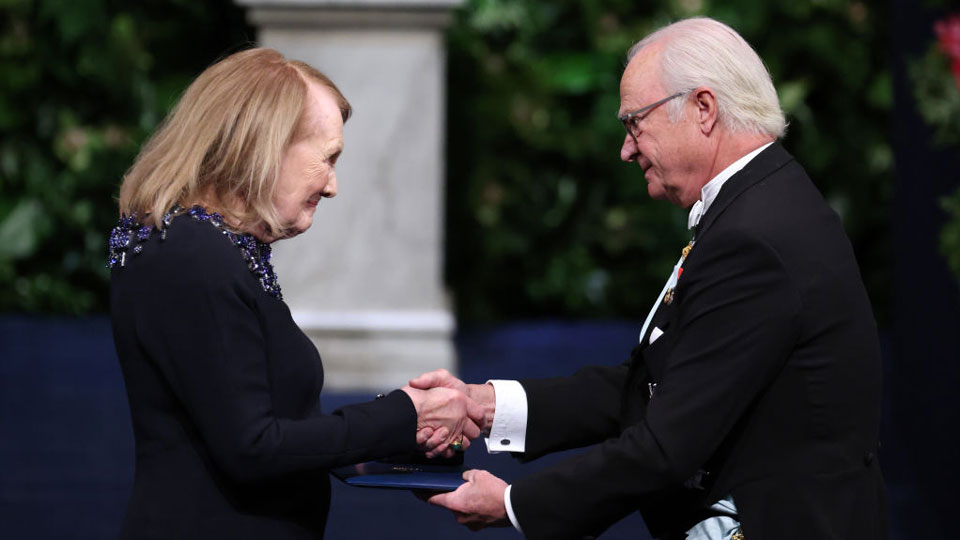
A heavy weight
Before adapting the book for the screen, Diwan spent a day with Ernaux and saw how the writer still carries the experience of her abortion within her.
"When [Ernaux] and I went through the book step by step, and when we talked more specifically about the moment of the abortion, tears came to her eyes," the director told NHK. "It was as if, even though she is older, she could still feel the pain she felt when she was young. The pain was still there."
Diwan believes that through her writing, Ernaux is not only trying to make sense of her own experiences, but also offering solace to other women. "What she does for herself and others is to put words to this experience. Shame is built on silence. As soon as you start to put words to what you have been through, you open a discussion, you open a debate and you allow others to relieve themselves from the weight of this event."
As Ernaux said herself in the Nobel lecture, writing about her abortion and other experiences in the first person is a way of making readers feel the stories are happening to them, something that is based on her conviction "that a book can contribute to change in private life, help to shatter the loneliness of experiences endured and repressed, and enable [people] to reimagine themselves."
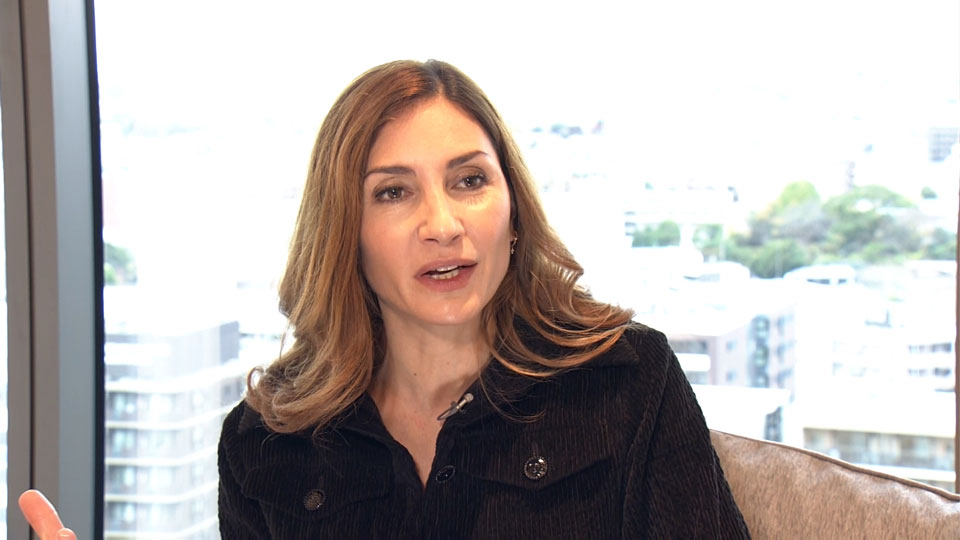
An enduring taboo
The Japanese release of Happening comes as the debate around reproductive rights intensifies in parts of the world. In Japan, although abortion has been legal for several decades, it remains a subject that some are reluctant to publicly discuss. In the United States, where the Supreme Court recently reversed 50 years of precedent by ending the constitutional right to abortion, the subject was one of the biggest issues in the 2022 midterm elections. And in other parts of the world, it remains strictly taboo. According to the Center for Reproductive Rights, 16 countries across Africa, Latin America, the Middle East and Asia have blanket bans. An Amnesty International report in 2021 quoted Nifin'Akanga, a pro-choice feminist association in Madagascar, as saying that more than half of all abortions there took place in unhygienic conditions and a third were performed by people with no medical training, factors that heighten the risk of dangerous complications and death.
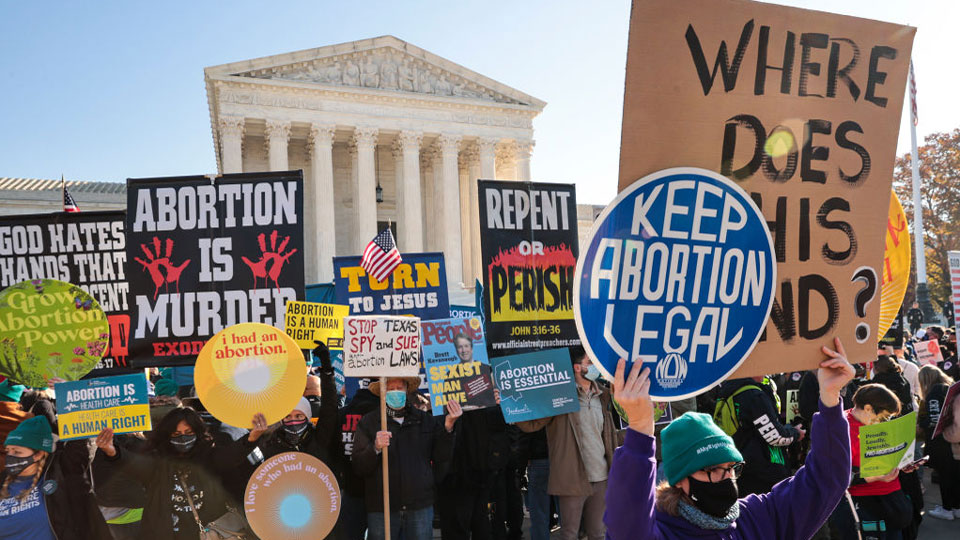
At a press conference last October, Ernaux made a pledge: "I can tell you I will fight until my last breath so that women will be able to choose to become mothers or to choose not to. It's a fundamental right. Contraception and the right to abortion are the core of women's freedom."
Change on the horizon
In its Global Gender Gap Report last year, the World Economic Forum predicted it will take well in excess of 100 years to eliminate disparities between men and women in opportunities, pay, status, and other measures. But Diwan is optimistic about what the future holds. "One thing that I think is very important -- and I was very careful when I was writing -- was not to judge men," she says. "Because what has changed is that in the 1960s, they were educated not to know what women were going through at that time. They weren't bad or evil, they just didn't know. And I feel that the major change in our society, the one that encourages equality, is the level of communication and exchange between the sexes. [Happening] has traveled [around the world] and seen mentalities change. It has accompanied this change and today it is being brought to light. And for me, through this [Nobel] Prize, it is also a symptom of the times. Something is changing."
Anamaria Vartolomei, the French actor who stars in the film, told NHK that Ernaux's story is forcing people to think more deeply about a difficult subject. "I think that already, [the Nobel Prize] has brought to light a subject that is taboo, that we don't talk about much, that we have very little representation of and I would just say that already to have access to these images and to realize what these girls go through. I asked myself -- I don't judge people who are against [abortion]. It depends on your culture, your religion, your education, but we're in the middle of this. Does your human side allow you to always be against it? After seeing the pain that these girls go through and the violence of the process? That was my question to myself."
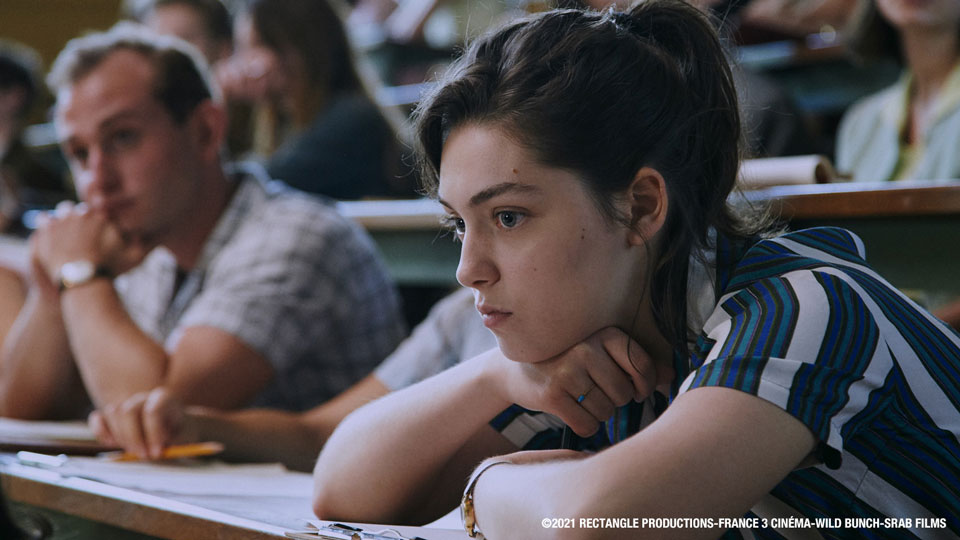
Ernaux concluded her Nobel speech by calling her prize a collective victory. "I do not regard as an individual victory the Nobel Prize that has been awarded to me. It is neither from pride nor modesty that I see it, in some sense, as a collective victory. I share the pride of it with those who, in one way or another, hope for greater freedom, equality and dignity for all humans, regardless of their sex or gender, the color of their skin, and their culture; and with those who think of future generations, of safeguarding an Earth where a profit-hungry few make life increasingly unlivable for all populations."
